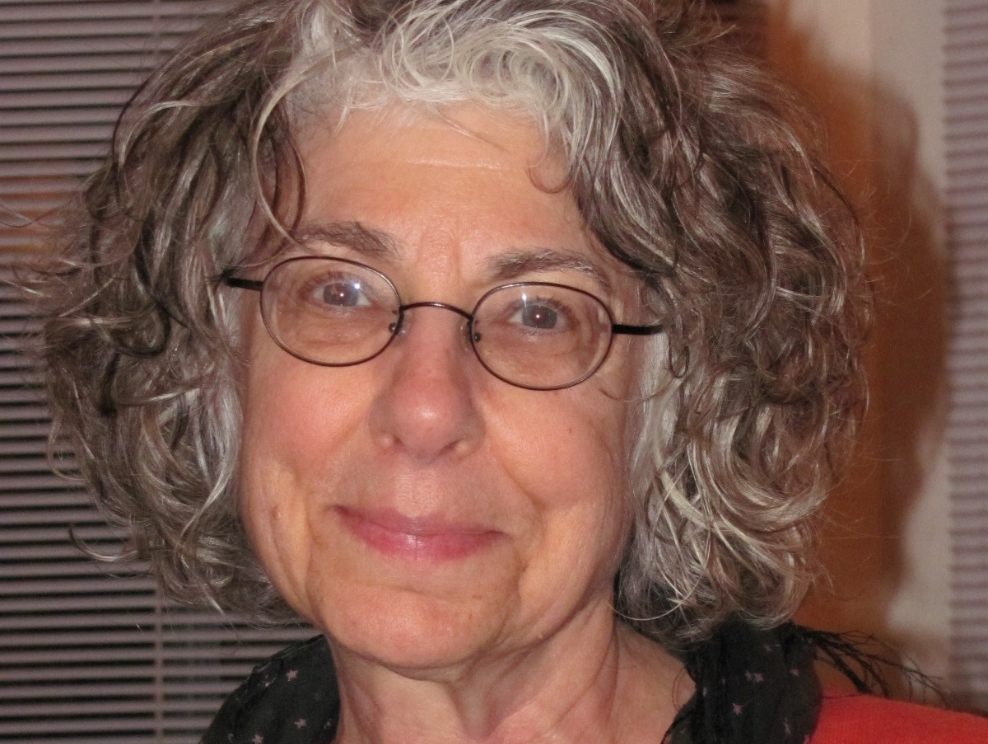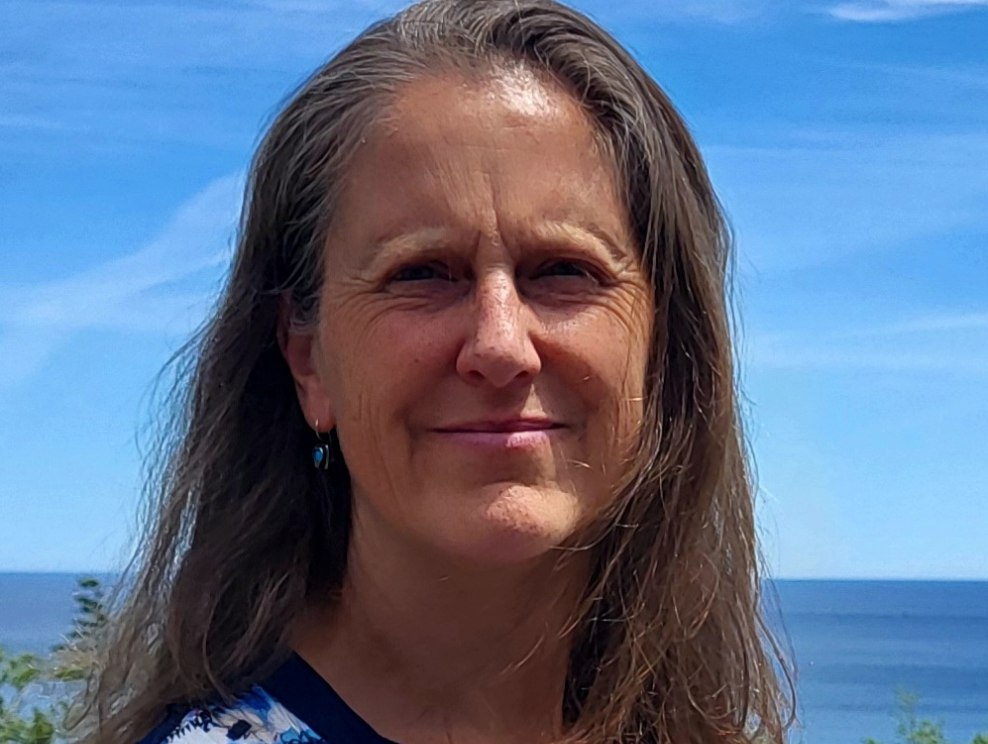The death of a spouse is monumental. Shock, harrowing sadness, sometimes a surge of positivity that seems to come from nowhere: the grieving process is deep and varied, in part universal, in part individual. And bereavement can be especially tough for a senior facing life without his or her long-term companion.
There’s nothing a couple can do about the fact of death. There is, however, plenty they can do in advance to ease the burden for the survivor and help that person move to the next stage of life. But that requires facing together the inevitability of death and planning accordingly.
While our life expectancy is increasing, Statistics Canada says more than 1.4 million Canadian men and women over 65 are now widowed, and the number is growing. That’s a lot of people who are now confronting or already have faced the rollercoaster that is grief.

What to expect when a long-time partner dies
“It’s so big when it happens,” says Cally Farr, a registered clinical counsellor in Victoria, B.C. “All of a sudden someone’s passed away and it’s like a ton of bricks.”
Little wonder she says it’s not unusual for grieving to last a year or even longer as it oscillates between mourning the loss and, increasingly, preparing for a new life.
Older adults can face particular challenges, according to Farr and other experts. Ill health, cognitive decline, the isolation that often accompanies aging, a feeling they don’t want to burden others and should just “buck up and carry on,” — all these can increase loneliness and pain.
If the survivor has been a caregiver for an ill partner, he or she may feel their identity has been stripped away when the caregiving role suddenly ends. That feeling of being blown apart can also happen because we tend to be identified — and often identify ourselves — as part of a couple.
Redefining ourselves and our relationship with others isn’t easy at the best of times, let alone when we are elderly and habits of thought and self-perception have become deeply ingrained.
Other perils can accompany the death of a spouse, including potentially dangerous weight loss, disrupted sleep, difficulty focusing and what’s known as the “widowhood effect”: the increased risk of mortality following the death of a companion. One 10-year study found a steeply increased risk during the first three months, especially among men having lost their partner, whose mortality rate was 87 per cent higher than normal.
Despite that mortality rate, the jury is out on whether men and women experience the loss of a partner differently. However, as Farr points out, women may be able to share their loss and express their grief more easily than men, who have often been taught not to show their pain.
Can you make the loss of a spouse easier?
No and yes.
Hurt and emptiness are inevitable. The wrongs we’ve done to a partner and the things we’ve omitted to do may inflict guilt. For a caregiver, that guilt can be compounded by feeling badly about the relief that comes when onerous caregiving finally ends.
But we can do things in advance that will help reduce the stress when a long-time partner dies.
“It’s really advisable to prepare for it,” says Victoria Foulger, a registered counselling therapist in Herring Cove, N.S. “We’re quite a grief-illiterate society; we don’t tend to talk about death a lot, certainly not openly. You can prepare for it by having those conversations in advance, not just with the two people but trying to incorporate others into it.”
She suggests asking your partner such questions as, “’If I die tomorrow, what will you do? What does that look like?’”
Those conversations build resilience in the survivor, says Foulger, and they can begin by discussing the practicalities of death: Are your wills up to date? Do you have Advance Care Plans that spell out what each of you wants should you become grievously ill or incapacitated?

“We think we know our partner’s wishes, but then people get into conversation and can be surprised,” Foulger says.
It’s also critical to talk about support systems. Who will you turn to for a listening ear when your partner dies? Family? A religious leader? Community resources? And can you strengthen those support systems before you need them?
Dealing with such practical aspects of death and dying can help ease the way into talking about other more fraught aspects of death, including one’s fear of dying and whether you and your partner want a medically assisted death and under what circumstances.
Start the conversation and you’ll even find yourselves laughing at times and realizing life will go on, with its funny and sad moments, after you or your spouse are gone.
When grieving arrives
Bereavement is hard work, but advice on living with it abounds. Websites such as mygrief.ca urge self-care by, for instance, taking a “break” from grieving when you’re ready by starting a new activity such as an exercise class.
Others recommend eating well and lunching occasionally with friends (loss of appetite often accompanies grief), checking in with your health-care provider and delaying major decisions such as moving to a new home while emotions rather than rational thought are foremost.
Farr also reminds her clients, “Giving yourself the time you need to grieve and not feeling guilty about that is really important.”
Finally, seek out a counsellor if you find yourself slipping into what’s known as “complicated” grief, a state in which extreme apathy, self-medication with alcohol, suicide ideation and other symptoms signal entrapment in bereavement. A local hospice or funeral home should be able to help you find someone, as will an internet search.
A counsellor’s job, says Foulger, “is never to take away grief, it’s to help people feel the grief. Because in feeling the grief, it allows us to work our way through it.”
Perhaps most importantly, remember that the acute pain will inevitably soften. That means part of your job is to ask, in Foulger’s words, “How do I start living again?”
Resources for bereavement
International support group, grieving.com
Resources for the bereaved and bereavement professionals
Community, support & connections
The journey through grief
An A-to-Z of grief
